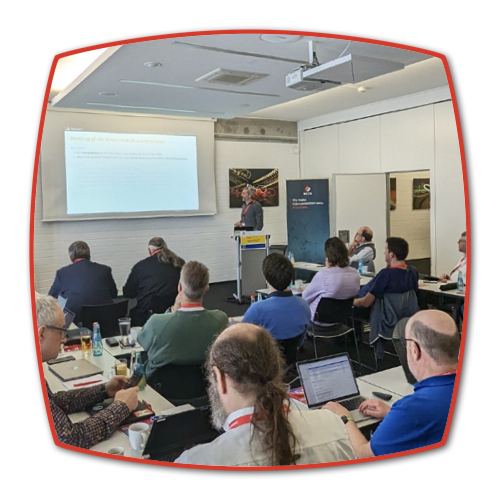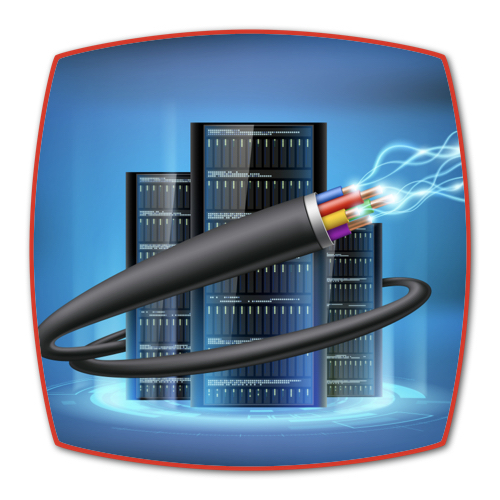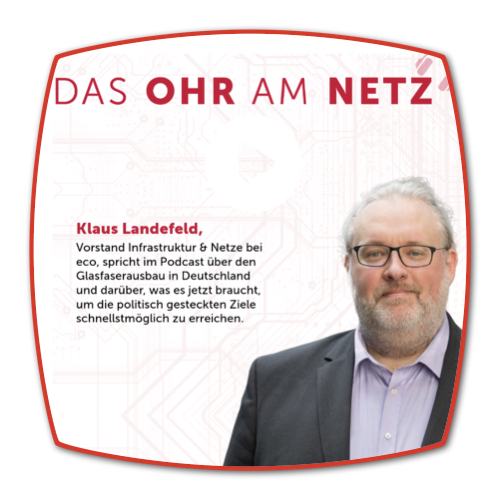
Networks Competence Group
In 2024, the Networks Competence Group exchanged ideas at three in-person events in Frankfurt, as well as through various virtual webinar formats focused on different key topics.
On 26 February 2024, 21 members of the Competence Group met for a workshop entitled “IPv6 in Germany – How Can We Support the Hesitant?”. During the meeting, the results of the 2023 IPv6 survey were re-analysed, individual aspects and solutions were reviewed, and concrete recommendations for accelerating migration were developed. The workshop participants cited a reduction in the complexity of parallel operation (dual stack; IPv4+IPv6) and cost savings for legacy hardware as reasons for a swift transition to protocol version 6. Furthermore, pure IPv6 networks can also contribute to increased network security.
On 16 April 2024, both the Networks Competence Group and KRITIS (Critical Infrastructures) Competence Group invited participants to an in-person workshop at the DE-CIX Meeting Centre in Frankfurt. Under the motto “Resilience Recommendations in the Context of Municipal Network Infrastructures”, the event was aimed specifically at regional telecommunications companies, energy producers, municipal utilities and their subsidiaries. The joint responsibility for the stability of physical infrastructures and the security of the Internet is distributed across various stakeholders and levels.
In the telecommunications sector, this includes interregional backbone routes, Internet exchanges, distribution networks, access networks and customer connections. Energy suppliers require high-performance network operations to ensure their power supply, especially with regard to fluctuations in renewable energies. The 51 attendees exchanged views with the moderators and speakers of the workshop about this complex interplay and received concrete recommendations for implementing resilience.

In the webinar “Connectivity in Focus: Strategies and Solutions for Backup, Cloud and IoT” – recorded in front of a live audience on 18 April 2024 and moderated by Roland Broch (eco Association) – cloud and connectivity providers discussed how SMEs can optimise their local data processing and what potential edge computing and the Internet of Things (IoT) hold from the perspective of IT providers. The in-person event at the DE-CIX Meeting Centre in Frankfurt, attended by 29 guests, was also broadcast on 25 April as part of the joint webinar series organised by eco Association and Itenos GmbH.
What edge-to-cloud strategies must SMEs adopt in order to meet their customers’ requirements in terms of latency and bandwidth? These and other questions were addressed in the webinar on 24 October 2024. The panel discussion, moderated by Roland Broch (eco Association), included experts from the fields of edge computing, hybrid cloud and connectivity.

The November edition of the German-language eco podcast “Das Ohr am Netz” (“An Ear to the Internet”) was dedicated to network expansion in Germany. In an interview with Sidonie Krug, eco Board Member for Infrastructure & Networks Klaus Landefeld discussed why fibre optic and mobile network expansion is progressing relatively slowly in Germany and what needs to be done to make this change and achieve the political goals as quickly as possible.
Georedundancy and resilience
As part of a series of interviews, several experts from the Competence Group were asked about the topic of “Georedundancy and Resilience”. In light of increasing cyber threats and stricter security regulations such as NIS2, georedundancy in data centres is essential for protecting critical data and ensuring the high availability of IT infrastructures. Compliance with standards such as DIN EN 50600, as well as collaboration with connectivity partners – particularly through VirtualPNI – enables efficient and flexible georedundancy solutions that are tailored to individual customer needs.
